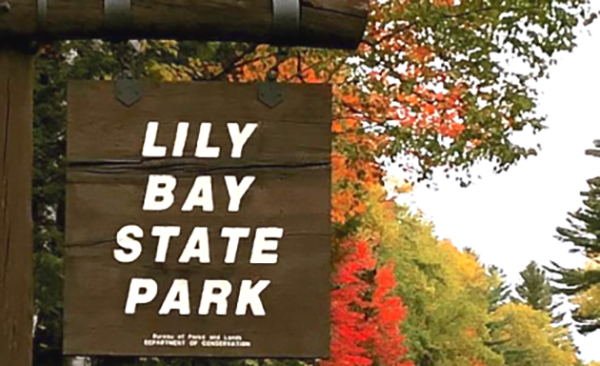Bargaining News
|May 30, 2023
Maine state parks severely understaffed due to low pay; support LD 1854 to help fix it, park managers ask legislators

The managers at many of Maine’s state parks provided this testimony May 12 to the Maine Legislature’s State and Local Government Committeee in support of LD 1854, the compensation and classification legislation we’re supporting.
To Whom it May Concern,
We, the park managers listed below, are writing to express that the passage of LD 1854 is an absolute necessity if Maine’s state parks are going to continue to offer the level of service for which our parks are famous. Over and over, we are told by park visitors, legislators, members of local communities, school groups, nature conservancy groups, and so many others that these parks provide invaluable services. The influence of the parks extends even beyond their immediate borders, as they bring business to surrounding towns and boost the economy, all while helping preserve the natural spaces that have so often defined Maine. For these reasons and more, we consider it our privilege to be able to preserve these lands and aid visitors in their engagement with Maine’s parks. Now, by passing LD 1854, we ask you to provide us with the means to not only effectively operate Maine’s parks, but to operate them with a level of excellence that assures the health and safety of both visitors and park staff.
The infrastructure of park staffing, as it exists now, is completely unsustainable.
Managers are being asked to devise ways to serve greater numbers of visitors with fewer staff and reduced resources. Already this season, visitor numbers have increased 5% compared to a year ago. Meanwhile, pay rates stagnate. Currently, pay begins at $15/hour-for Rangers·, Assistant Rangers, Laborers, and Customer Representative Assistants alike. As a result of this salary compression, a starting employee now makes nearly as much as an employee with several years of experience. Even then, the salary offered, both for the new employee and the experienced staff member, is often less than the salary offered local fast-food restaurants. When combined with the housing crisis that is already plaguing Maine, the result of this low pay and skewed pay scale is an inability to recruit and retain staff. Staff are, quite understandably, leaving the parks in droves; yet, the members of staff that remain are being asked to not only continue providing the level of service expected when the parks were fully staffed, but are actually being asked to shoulder increased responsibility.
The effect of a decrease in staffing, when coupled with an increase in responsibility, has created an atmosphere of risk within the parks. With staff stretched thin, facilities cannot be maintained to the same level of safety as is possible when parks are fully staffed. It is a matter of time until the facilities deteriorate. Without the workforce necessary to see to their upkeep, visitors will soon begin to encounter parks that are dirtier, less safe, and far below the standard that we, the park staff, want to maintain. Without the resources to rectify this, we fear an increase in accidents and injuries and a general lowered public perception of those spaces that have traditionally been clean, well-kept, and responsible for offering a safe and enjoyable recreational experience to the public.
